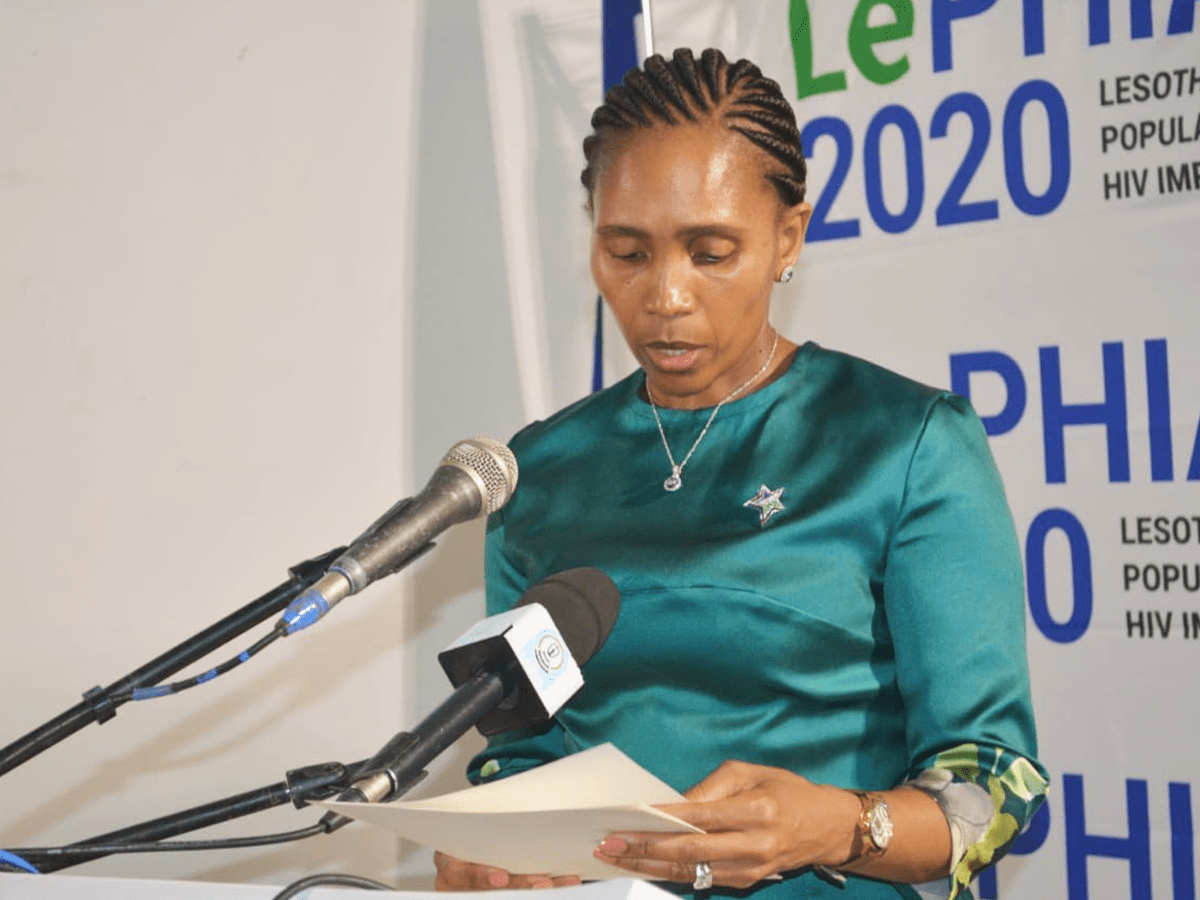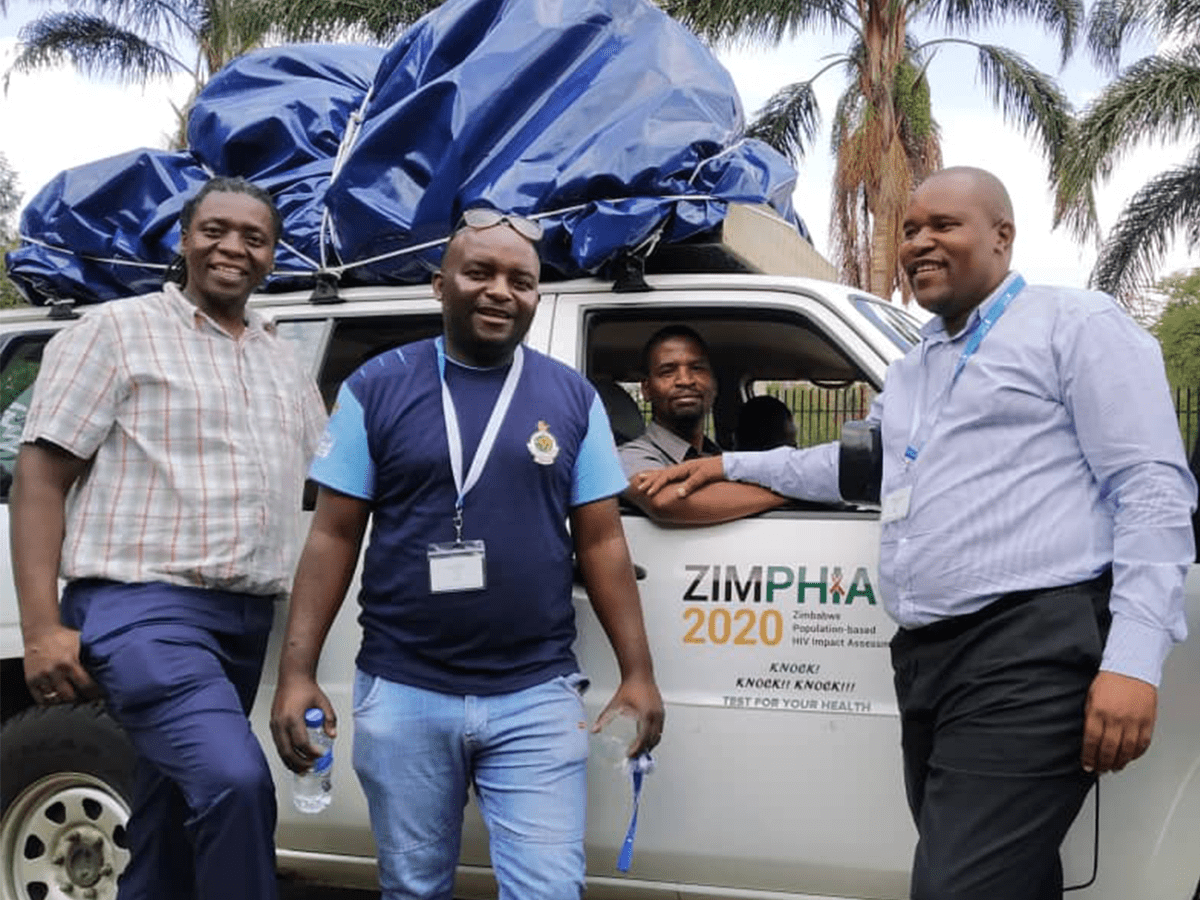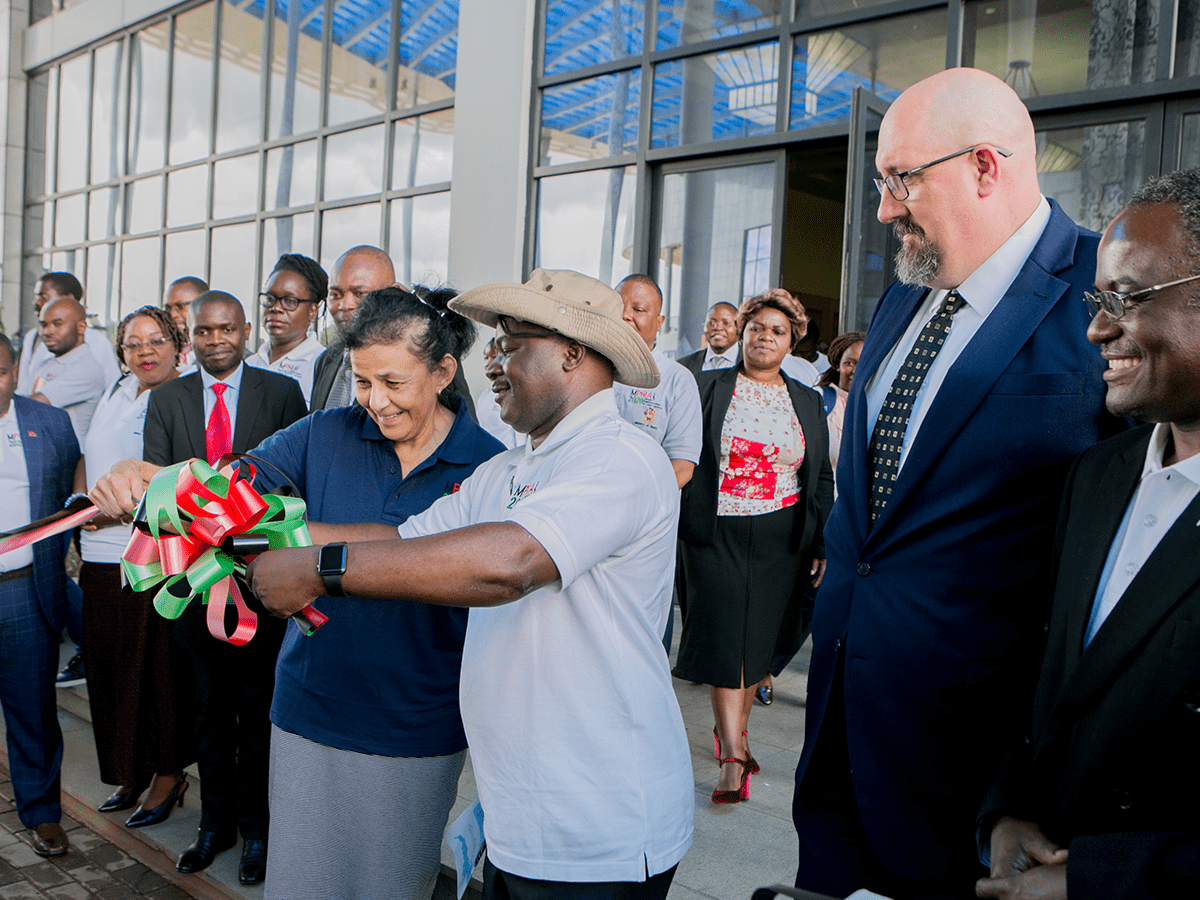Over the past few months, the Population-based HIV Impact Assessment (PHIA) project has been gearing up to carry out six new surveys in Zimbabwe, Lesotho, Malawi, Uganda, Eswatini and Mozambique.
The new PHIA surveys will provide granular-level, actionable data to inform and strengthen future HIV policies, programs and funding trajectories for high-burden countries. Through household-based HIV assessments, governments will be provided with rich data to analyze and tailor their response to address existing gaps and meet the needs of hard-to-reach groups. Data gathered will provide the latest status on existing HIV infections, new HIV infections, viral load suppression and quality of care and treatment in each country.

To understand how far countries have come in reaching global HIV targets, PHIA surveys will measure progress toward the Joint United Nations Programme on HIV/AIDS (UNAIDS) 90-90-90 targets. By 2020, these targets aim to ensure 90% of people living with HIV know their status; of those, 90% are on treatment; and of those on treatment, 90% have achieved viral load suppression, an indicator of treatment success.
The preliminary results for many of the surveys are set to be released on World AIDS Day 2020, marking the deadline of the UNAIDS 90-90-90 targets.
Currently, five PHIA surveys are collecting data – Haiti, Zimbabwe, Lesotho, Malawi and Uganda – with two more – Eswatini and Mozambique – around the corner.

Building on existing infrastructures and expertise garnered from the previous surveys, PHIA community mobilization teams are going to every region of each country to meet with religious and local leaders, conducting community outreach activities, and making sure community members are well-informed and eager to participate if selected. Data collection and laboratory teams are then visiting selected households to collect critical information needed to understand the state of the HIV response.
The PHIA 2020 survey findings will provide governments, policymakers, researchers, health professionals, civil society groups and global health organizations with valuable information to advance the global HIV response and end AIDS by 2030, leading to stronger communities and more prosperous nations.
For the latest updates on the PHIA project, visit: phia.icap.columbia.edu
Photo captions—Header image: Wafaa El-Sadir, ICAP’s Global Director, and the Minister of Health and Population of Malawi, Jappie Mhango participate in the ribbon-cutting ceremony for the launch of the Malawi Population-based HIV Impact Assessment (MPHIA 2020). Photo 2: Her Majesty Queen ‘Masenate Mohato Seeiso officiates the launch of the Lesotho Population-based HIV Impact Assessment 2020 (LePHIA 2020). Photo 3: The Zimbabwe Population-based HIV Impact Assessment, ZIMPHIA 2020, survey team prepares for data collection.
A global health leader since 2003, ICAP was founded at Columbia University with one overarching goal: to improve the health of families and communities. Together with its partners—ministries of health, large multilaterals, health care providers, and patients—ICAP strives for a world where health is available to all. To date, ICAP has addressed major public health challenges and the needs of local health systems through 6,000 sites across more than 30 countries. For more information about ICAP, visit: icap.columbia.edu








